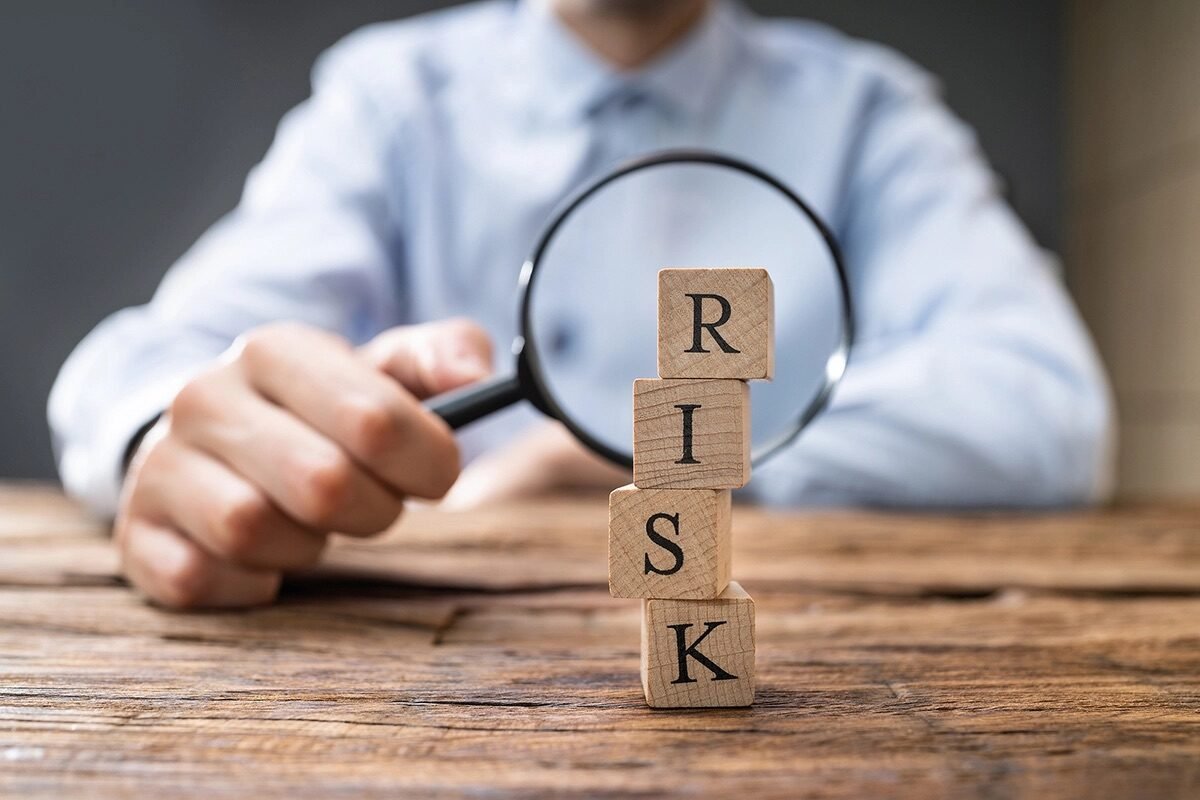Natural disasters pose a significant threat to businesses, and having the right commercial insurance coverage can mean the difference between survival and financial ruin.
Understanding the risks businesses face
Every business, regardless of size or industry, is vulnerable to the impacts of natural disasters. Whether it’s hurricanes, wildfires, earthquakes, or floods, these catastrophic events can disrupt operations, damage property, and lead to significant financial losses. Many business owners mistakenly assume that standard commercial insurance policies cover all types of natural disasters. However, gaps in coverage can leave businesses exposed to substantial financial burdens. Understanding the specific risks in your region and industry is essential to ensure you have adequate protection. Reviewing historical data and assessing potential threats can help business owners determine their insurance needs. Additionally, climate change is intensifying the frequency and severity of extreme weather events, making it even more crucial to reassess policies regularly.
Common misconceptions about commercial insurance coverage
One of the biggest mistakes businesses make is assuming their existing commercial insurance policy automatically covers all types of natural disasters. Standard policies often provide coverage for fire, theft, and liability but may exclude specific events like floods or earthquakes. Business owners who fail to read the fine print may find themselves without coverage when disaster strikes. Another common misconception is that government aid will be sufficient to cover damages. While disaster relief programs exist, they are often limited, slow to process, and may not fully compensate businesses for their losses. Additionally, some business owners underestimate the importance of business interruption insurance. Even if physical damage is minimal, disruptions in operations can lead to severe revenue losses, making this coverage a critical component of disaster preparedness.
The role of business interruption insurance
Business interruption insurance is an essential yet often overlooked component of commercial insurance policies. While property insurance covers physical damage to buildings and assets, business interruption insurance provides financial support for lost income and operating expenses during recovery. When a natural disaster forces a business to shut down temporarily, revenue losses can accumulate quickly. Business interruption insurance can cover ongoing expenses such as rent, payroll, and loan payments, helping businesses stay afloat until operations resume. Some policies also include contingent business interruption coverage, which applies if a key supplier or business partner is affected by a disaster. However, business owners must carefully review policy terms, as coverage limits and exclusions can vary. Ensuring the policy aligns with the specific needs and risks of the business is critical for comprehensive protection.
The importance of proactive risk management
While insurance provides financial protection, proactive risk management strategies can minimize potential damages and disruptions. Businesses should develop a comprehensive disaster preparedness plan that includes evacuation procedures, backup communication systems, and supply chain contingencies. Investing in structural reinforcements, such as impact-resistant windows or flood barriers, can reduce the extent of physical damage during a disaster. Additionally, businesses should regularly update inventory records, digitize important documents, and store backups in secure offsite locations. Establishing relationships with contractors and service providers in advance can also expedite the recovery process. Employees should be trained on emergency protocols to ensure a swift and organized response. By taking proactive measures, businesses can mitigate risks and enhance resilience against natural disasters.
Choosing the right commercial insurance policy
Selecting the right commercial insurance policy requires careful evaluation of coverage options, policy limits, and exclusions. Business owners should work with experienced insurance brokers who understand the unique risks of their industry and location. Customizing a policy to include coverage for specific natural disasters, business interruption, and additional expenses can provide comprehensive protection. Policyholders should also review and update their coverage annually to account for business growth and changing risk factors. Comparing multiple insurers and negotiating favorable terms can help businesses secure the best coverage at competitive rates. Additionally, some insurers offer premium discounts for businesses that implement risk mitigation strategies. By selecting the right commercial insurance policy, businesses can safeguard their assets, maintain operations, and ensure long-term financial stability in the face of natural disasters.
